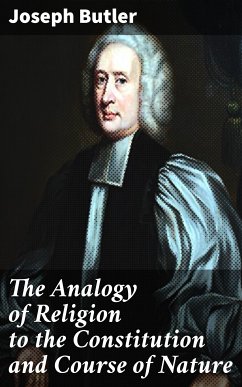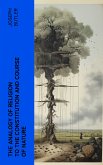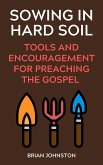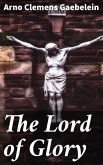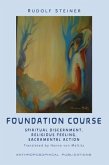In "The Analogy of Religion to the Constitution and Course of Nature," Joseph Butler examines the profound relationship between religious belief and the natural world, employing a rigorous philosophical approach that merges theology with moral reasoning. Butler's literary style is marked by clarity and precision, as he constructs a systematic argument that highlights parallels between the complexities of nature and the principles of Christianity. Written in the early 18th century amidst the Enlightenment, this work responds to the growing skepticism toward religious tenets, inviting readers to consider faith through a rational lens while maintaining a deep respect for its mysteries. Joseph Butler, an English bishop and philosopher, was profoundly influenced by the theological debates of his era as well as by the emerging emphasis on empirical reasoning. His background in religious education and moral philosophy shaped his exploration of the fundamental questions surrounding existence, morality, and divinity. Butler'Äôs engagement with both the empirical sciences and Christian doctrine reflects a unique synthesis intended to affirm the rational basis of faith in a tumultuous intellectual climate. This book is highly recommended for those interested in theology, philosophy, and the intersection of faith and reason. Butler's work serves as a relevant commentary for contemporary discussions on religious belief, challenging readers to engage with questions of existence and morality in a nuanced and scientifically informed manner.
Dieser Download kann aus rechtlichen Gründen nur mit Rechnungsadresse in A, B, BG, CY, CZ, D, DK, EW, E, FIN, F, GR, H, IRL, I, LT, L, LR, M, NL, PL, P, R, S, SLO, SK ausgeliefert werden.

